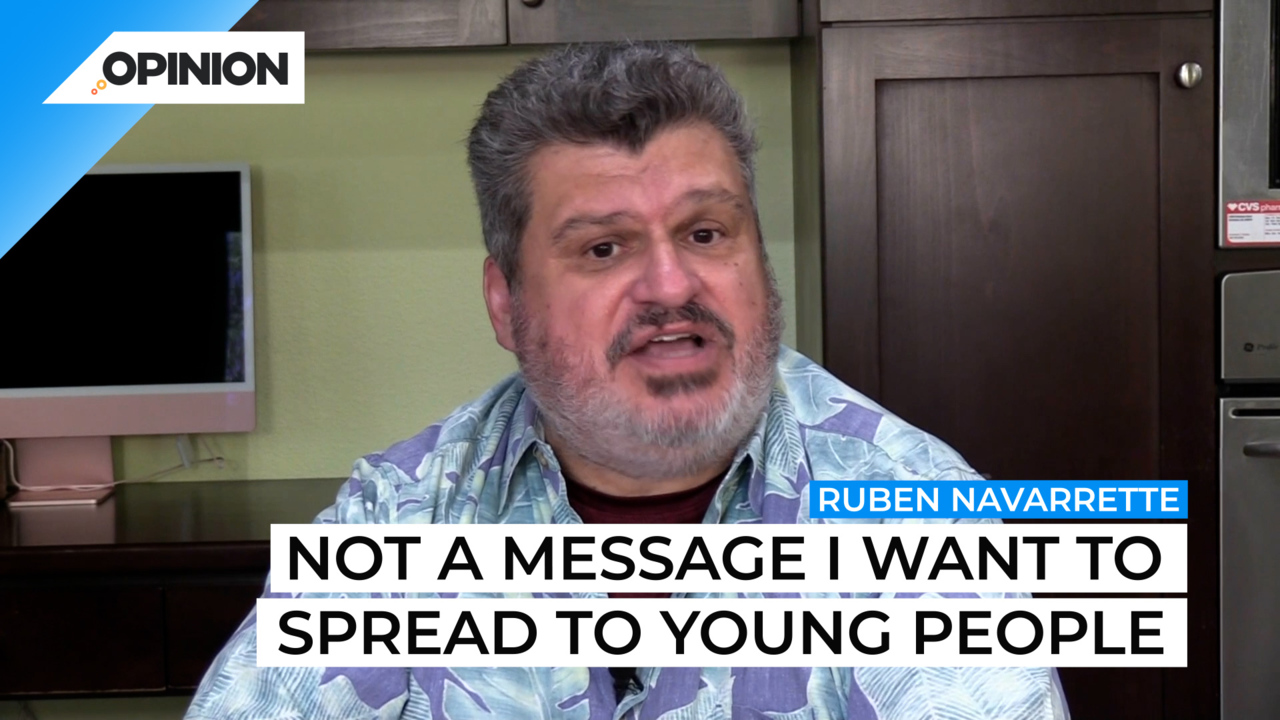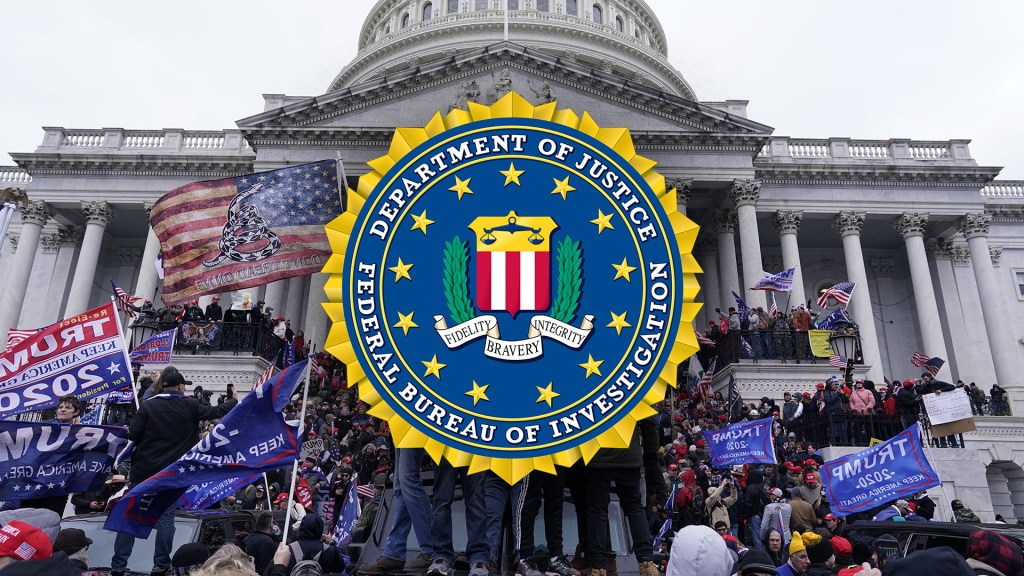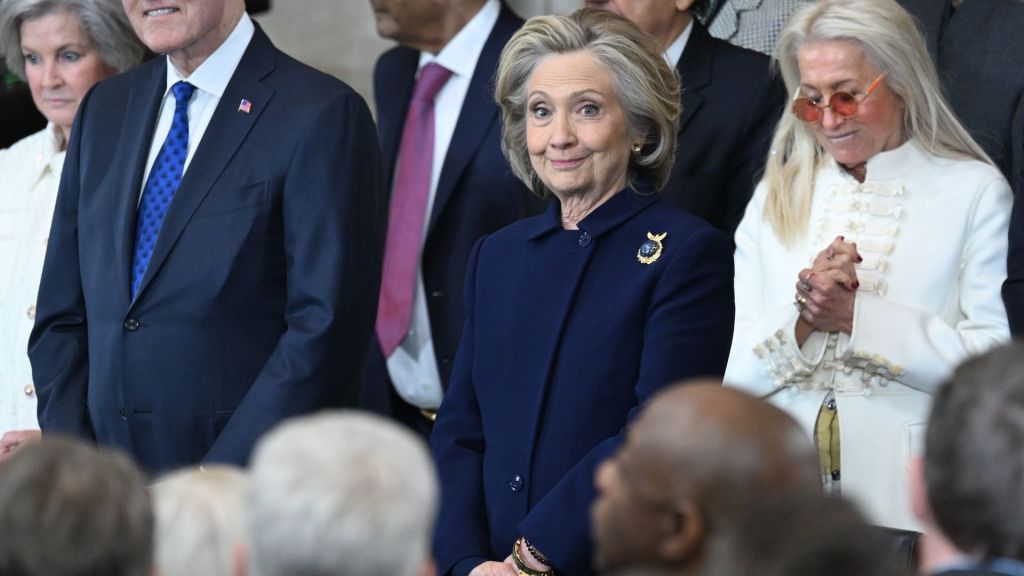
Commentary
-
Our commentary partners will help you reach your own conclusions on complex topics.
That’s it. Americans waited decades for the definitive word from the Supreme Court regarding affirmative action in college admissions. And all we got was a bunch of lousy arguments. The Supreme Court doesn’t dive into this contentious issue very often. It did so in 1978 2003 and 2016. And again October, when heard arguments by the conservative activist group students for fair admissions. They’re arguing against the admissions policies at the University of North Carolina and Harvard University. The activists want to prevent colleges from diversifying their student bodies by taking race into account admissions, along with other factors. They claim that affirmative action, a phrase coined by President John F. Kennedy in 1961, when he signed an executive order, requiring contractors who did business with the government to ensure their workforce was diverse, that this program somehow gives an unfair advantage to Latinos and African Americans, while discriminating against white and Asian American students. Look, I’ve studied affirmative action for nearly 40 years, that argument is just plain dumb. At selective schools, like Harvard standards don’t get lowered. We have more than 60,000 applicants competing for fewer than 2000 seats in the freshman class, you can have your pick of the litter. There are plenty of Latinos and African Americans to choose from world class valedictorians or student body presidents or star athletes. Besides, it’s absurd to suggest that whites and Asians are being discriminated against an admission when they represent most of the student body. But it wasn’t just the flow of arguments that bothered me. It was the fact that the six conservative members of the High Court, Roberts, Alito, Thomas Cavanaugh, Gorsuch and Barrett, all of them, by the way, received elite education at places like Harvard, Yale, Princeton, and Oxford, seem to have already made up their minds deny that opportunity to black and brown kids. No suspense here, Thomas who attend Yale Law School, and who was George HW Bush’s affirmative action pick, when the 41st president needed a black Republican to replace flexure as Thurgood Marshall made his bones and conservative legal circles in the 1980s by being a black man against affirmative action, why conservatives smile and that sort of thing you say? And Alito? Well, after graduating from Princeton and attending Yale Law School, he joined a group called concerned alumni of Princeton, the group’s sole mission seemed to be to keep their precious alma mater from getting too woke and admitting to many Latino and African American students, you know what they say? Well, there goes the neighborhood. Meanwhile, at the other end of the ideological spectrum, we find Khatami brown Jackson, the first black woman on the court and a graduate of Harvard College and Harvard Law School. Those credentials are, by the way, identical to those of Chief Justice John Roberts. Although I can assure you Kbj traveled a much bumpier road to get them. Jackson argued in favor of preserving the rights of universities to take race into account. And she mocked the idea that a college could according to the majority, look at all sorts of other factors and applicants personal background, just not race that she insisted put students of color at disadvantage, saw a bad argument, but it’s not a good one either. It suggests that black and brown students are somehow perpetually disadvantage, by virtue of something they cannot change their skin color. That’s not a message I want to spread, particularly to young people. Empowerment is all about the opposite message. If you want us fine. If not, that’s fine, too. We don’t want you either. Don’t expect us to come beg you to keep a program that may not be doing us as much good as people think. Because it masks the fact that black and brown kids are being shortchanged where it really counts the K through 12 level. Whether or not affirmative action survives much longer, life will go on and Latinos and African Americans will need to press ahead and make it on their own. Same as always
-
How Republicans exploit LA fires for political gain
Amid one of the worst natural disasters in California’s history, some Republican leaders are using the Los Angeles fires to advocate for policy changes and to criticize Democratic leadership. House Speaker Mike Johnson has called for tying federal disaster aid to changes in how California manages its water and forests. President Donald Trump has blamed… -
America is deeply divided. Here’s what you can do.
The U.S. 2024 elections were divisive but decisive, with Donald Trump winning both the popular and the Electoral College vote counts and Democrats respectfully acknowledging their loss without forcibly contesting it or accusing Republicans of foul play. The aftermath of the election nonetheless revealed a deeply divided nation, with Democrats expressing grave concerns for the… -
Mexicans should brace for Trump’s aggressive policies
Less than six months after Mexicans elected their first female president, Claudia Sheinbaum, Americans reelected Donald Trump, who has pledged to initiate massive deportations of undocumented immigrants to Mexico, regardless of those immigrants’ countries of origin. These deportations would have an immediate impact on northern Mexico’s border cities, which are already grappling with high levels… -
By flirting with tariffs, Trump playing with fire
President-elect Donald Trump has proposed 25% tariffs on imports from Mexico and Canada, along with expanded tariffs on Chinese goods. Economists warned these tariffs could drive up prices, and Trump recently admitted he “can’t guarantee” they won’t increase costs for consumers. Watch the above video as Straight Arrow News contributor Ruben Navarrette contends that Trump’s… -
Will Trump’s second term be any better than his first?
Many Americans remain unsure of what to expect from a second Trump presidency. President-elect Donald Trump has increased his attacks against the free press and rival politicians, nominated controversial loyalists for top posts in the intelligence and military enforcement sectors, and continues to push a range of conspiracy theories. On the other hand, it is…
Latest Opinions
-
 Getty Images
Getty Images
Pirate treasure: Kid finds phenom Paul Skenes’ rookie baseball card
-
 Reuters
Reuters
2K migrant caravan begins journey to US amid new Trump border security orders
-
 Getty Images
Getty Images
'I was guilty': Jan. 6 pardon recipient says she'll reject it
-
 Getty Images
Getty Images
Ex-wife of Pete Hegseth denies abuse allegations amid confirmation process
-
 Getty Images
Getty Images
Jury selection begins in A$AP Rocky’s gun trial over 2021 shooting
Popular Opinions
-
In addition to the facts, we believe it’s vital to hear perspectives from all sides of the political spectrum.






